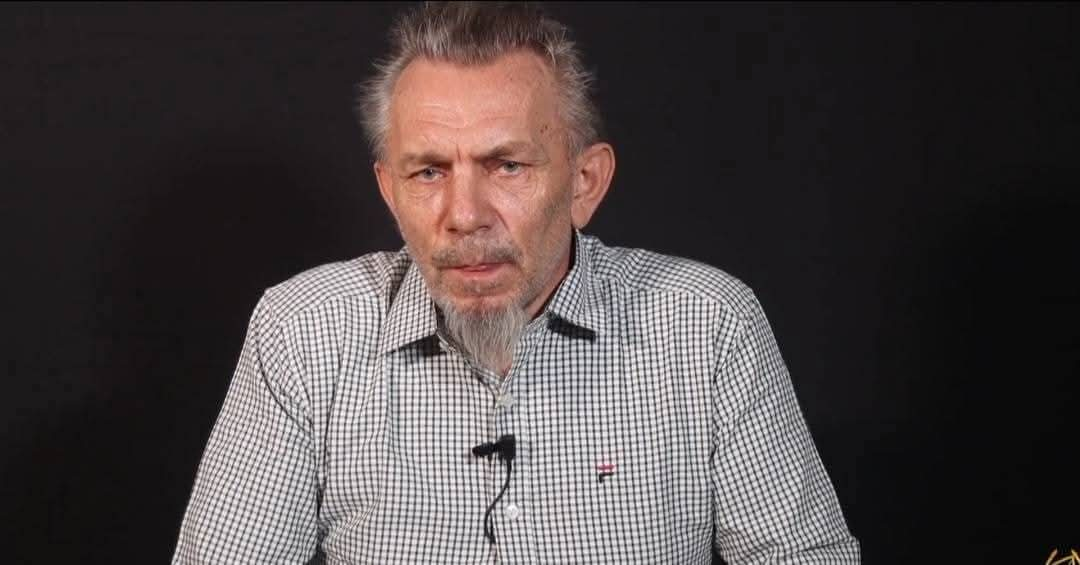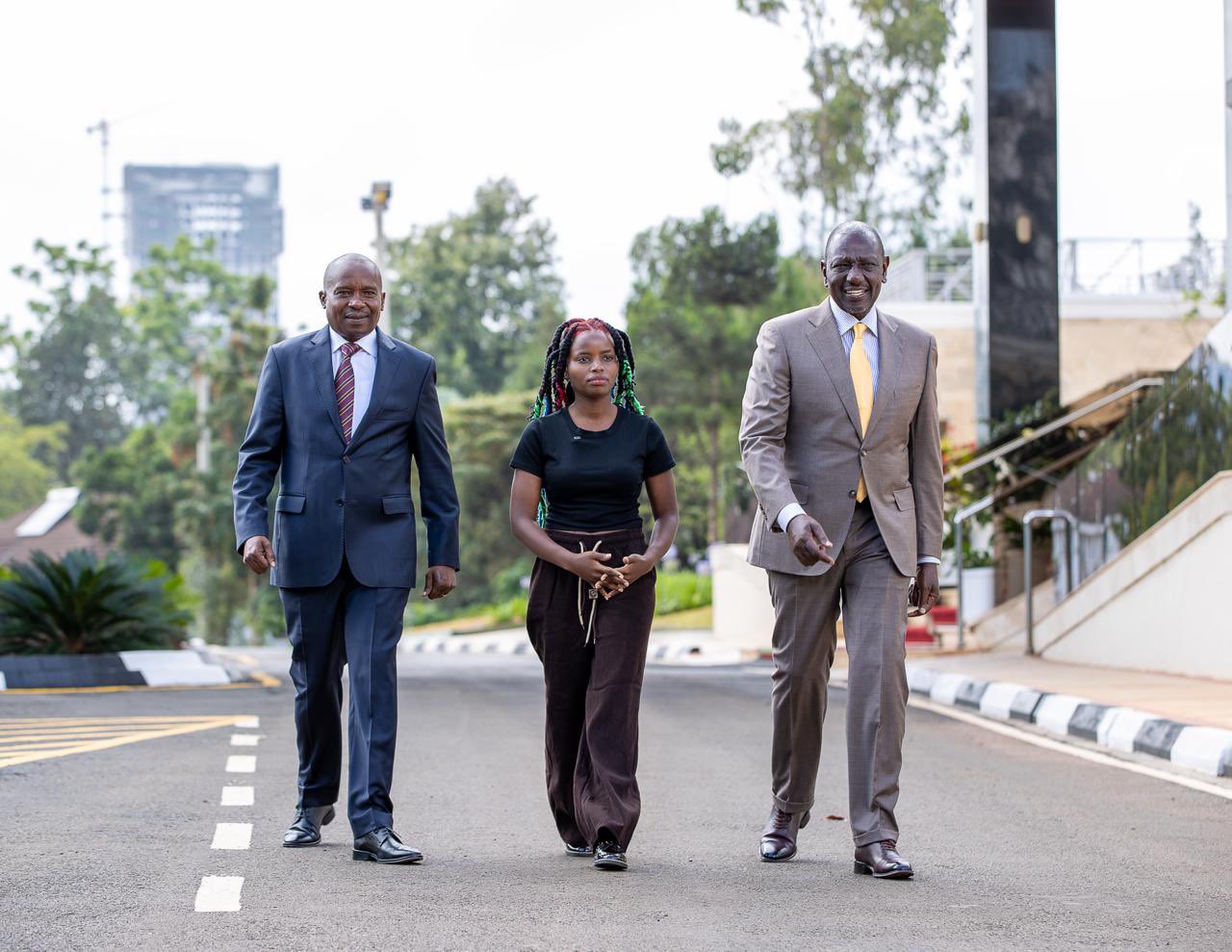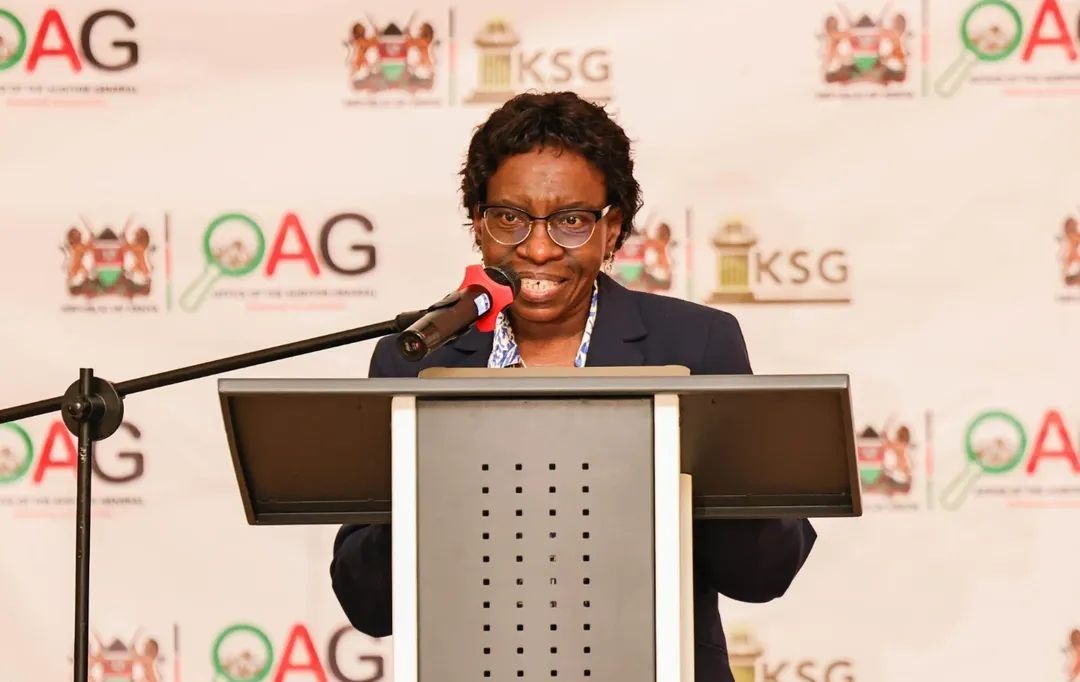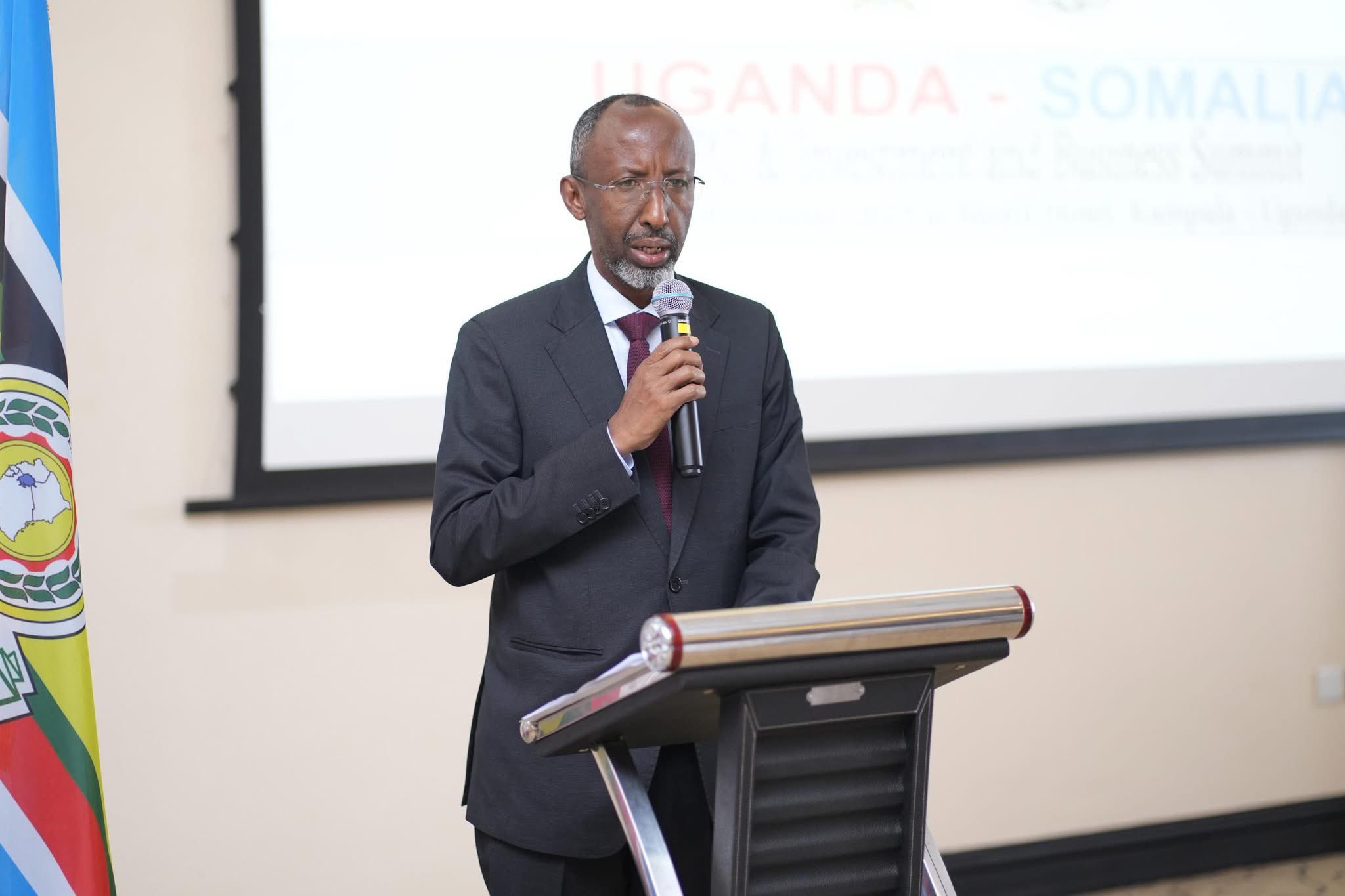Sh374.9 billion HIV funding crisis puts over 1.37 million Kenyans at risk, lobby warns
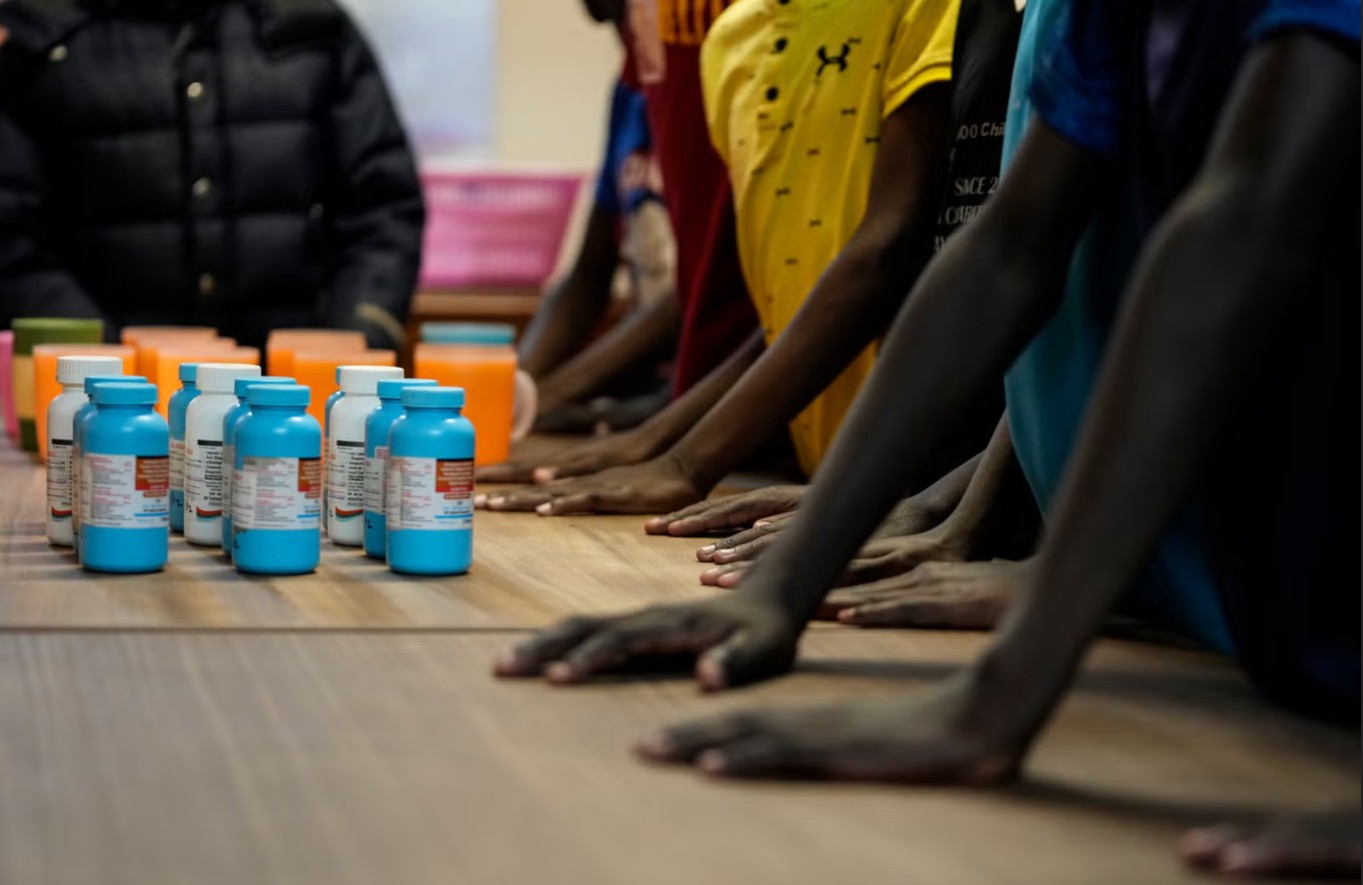
The agency notes that sharp decline has already led to the closure of essential services, the collapse of community health systems, and the reversal of decades of progress in HIV prevention, treatment and advocacy.
The Global Network of People Living with HIV (GNP+) has warned that over 1.37 million people living with HIV in Kenya are at risk of losing access to critical treatment and support due to a funding gap of $2.89 billion (Sh374.9 billion) following the cancellation of key contracts from PEPFAR (the US President’s Emergency Plan for AIDS Relief) and USAid (the United States Agency for International Development).
According to GNP+, the funding crisis has drastically reduced global monthly allocations for HIV programmes from $567 million (Sh73.5 billion) to just $28 million (Sh3.6 billion) by early 2025. The agency notes that sharp decline has already led to the closure of essential services, the collapse of community health systems, and the reversal of decades of progress in HIV prevention, treatment and advocacy.
More To Read
- 107,000 community health promoters to get SHA insurance, prompt stipends under new government plan
- Out-of-pocket medicine costs surge amid drug shortages in Kenya
- How Trump–Ruto health deal fills the void left after USAID exit
- Kenya's HIV statistics (2024)
- German researchers find highly effective HIV antibody
- Zambia approves injectable HIV prevention drug
“In Kenya, PEPFAR-supported clinics are either shutting down or significantly scaling back operations. Community health workers have been laid off, outreach programmes frozen, and prevention efforts have drastically reduced—particularly in rural areas and among vulnerable populations,” GNP+ said.
Jolijn van Haaren of the Dutch Ministry of Foreign Affairs highlighted the urgency of adapting HIV services to current health challenges.
“By taking into account the needs and realities of people living with HIV, we have been able to adapt our service delivery, saving many lives and resources. However, we are at a critical juncture in the HIV response, with significant turbulence in the global health landscape. Sustainable roadmaps are our anchor point, and we need to integrate HIV services into primary health care,” she said.
In Kenya, the situation is becoming increasingly dire. With only months of programme support left, the National Syndemic Diseases Control Council has warned that new HIV infections could spike from 16,752 to over 58,000 per year if the funding gaps are not addressed urgently.
The council says the country requires at least Sh5.24 billion to sustain services through June and an additional Sh13.5 billion to support the 2025/2026 financial year as it transitions towards domestic funding mechanisms.
Globally, the toll of dwindling resources is already evident. In 2023, nine million people living with HIV did not receive life-saving treatment, and 630,000 people died from AIDS-related complications, GNP+ reported.
The 2025 People Living with HIV (PLHIV) Leadership Summit, convened by GNP+ and attended by more than 30 PLHIV network leaders from around the world, brought to light systemic weaknesses within current health systems. Key concerns included the exclusion of people living with HIV in the development of national sustainability strategies, health systems that fail to integrate HIV into primary care, and a growing disconnect between donor strategies and real-world needs.
“Governments and country stakeholders have the authority and existing systems that serve as a gateway to sustainability,” Yemaya Health Advisory Nduku Kilonzo said.
“The HIV response needs to be redesigned for delivery within government multi-sectoral national systems, with strategic investments in data, supply chains, laboratory services and community health to protect the HIV response.”
Co-director of GNP+ Florence Anam stressed the importance of keeping people, not just statistics, at the centre of the HIV response.
“The lives of over 40 million people living with HIV worldwide are more than just statistics. GNP+ underscores the need for a collective effort to reimagine strategies for sustained access to treatment, ensuring that people not only survive but thrive. The message ‘Undetectable = Untransmittable’ highlights the importance of achieving viral suppression for both individual health and prevention,” she said.
As the funding crisis deepens, health advocates warn that urgent and coordinated action is needed to prevent the collapse of decades of progress in the fight against HIV, particularly in hard-hit countries like Kenya.
Top Stories Today
